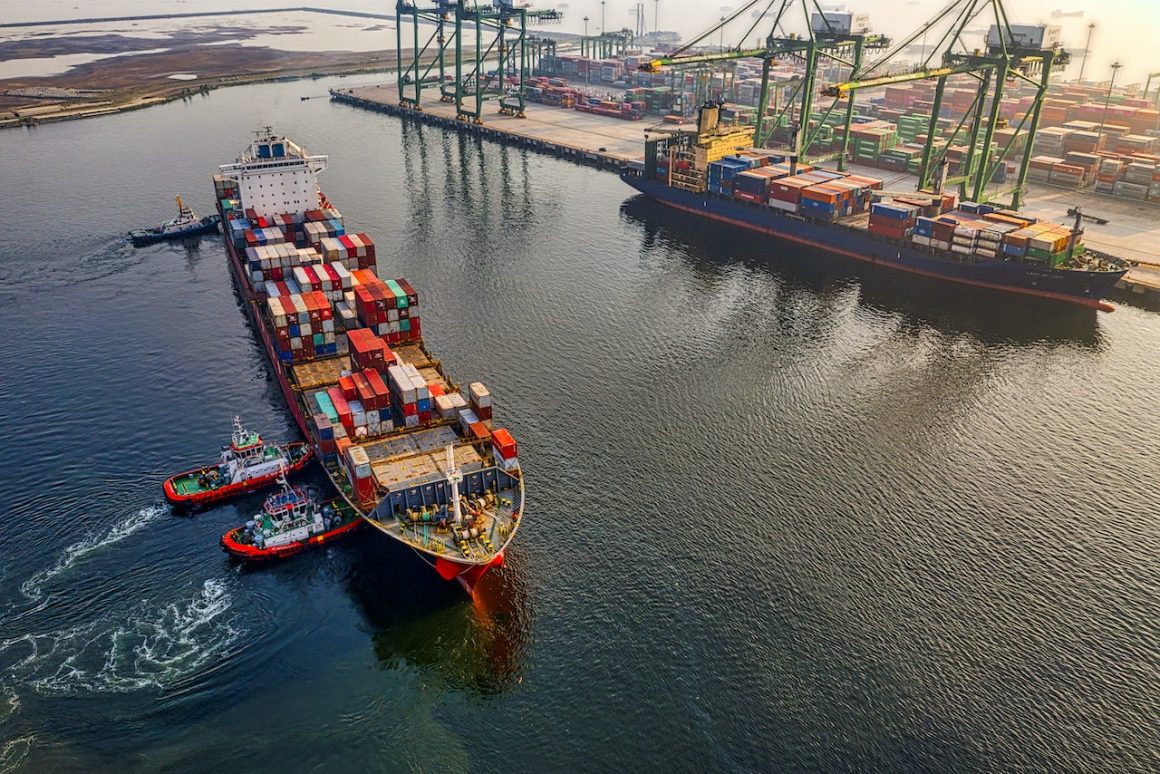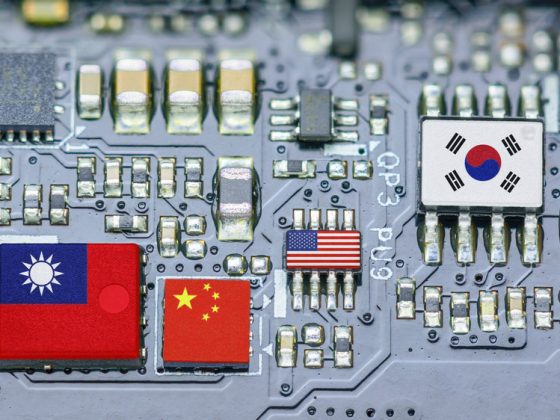Protectionist policies are employed by countries for several reasons, often rooted in the desire to protect domestic industries and jobs, or to respond to specific economic or geopolitical conditions. Here are a few common reasons why countries might engage in protectionism:
Protecting Domestic Jobs and Industries: Governments may use protectionist policies to protect domestic industries from foreign competition, especially industries that are seen as important for economic or strategic reasons. This can help prevent job losses and business failures.
Infant Industry Argument: This is an economic theory suggesting that new industries need protection from international competition until they are large and efficient enough to compete. Without protection, these “infant industries” might not survive long enough to achieve economies of scale.
National Security: Some sectors are considered crucial for national security, such as defense or key technologies. Governments might use protectionist measures to ensure these sectors remain under domestic control.
Trade Deficit Reduction: Countries with large trade deficits (importing more than they export) may use protectionist policies to try to balance trade by discouraging imports and encouraging domestic production.

Unfair Competition: If a country believes that foreign competitors have unfair advantages, such as state subsidies or lower labor standards, it might use protectionist policies to level the playing field.

Political Reasons: Protectionism can be politically popular, particularly in areas where industries are struggling or where there is significant opposition to globalization. Implementing protectionist policies can be a way for politicians to show they are taking action to protect national interests.
While protectionist policies can provide these short-term benefits, economists often warn against the long-term costs. Protectionism can lead to trade wars, inefficiencies (since countries aren’t necessarily producing what they’re most efficient at producing), and higher prices for consumers. The global trend has been towards trade liberalisation, but protectionism can surge in times of economic stress or rising geopolitical tensions.










